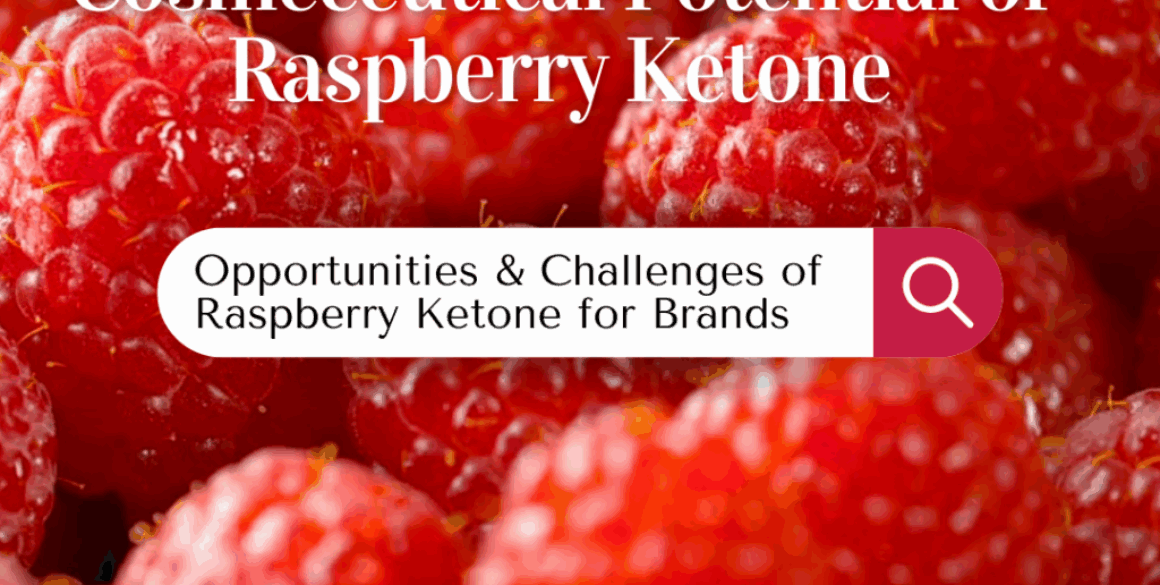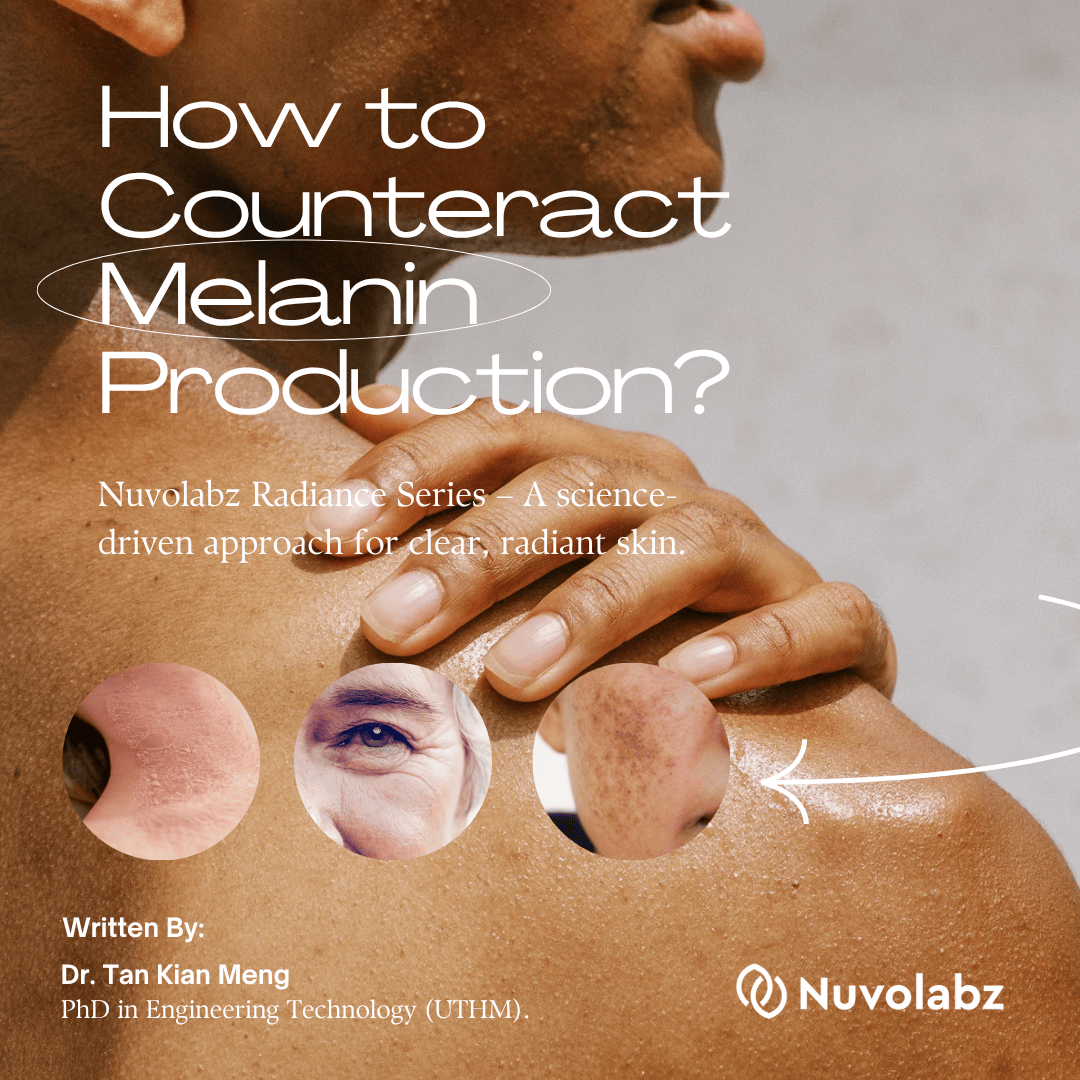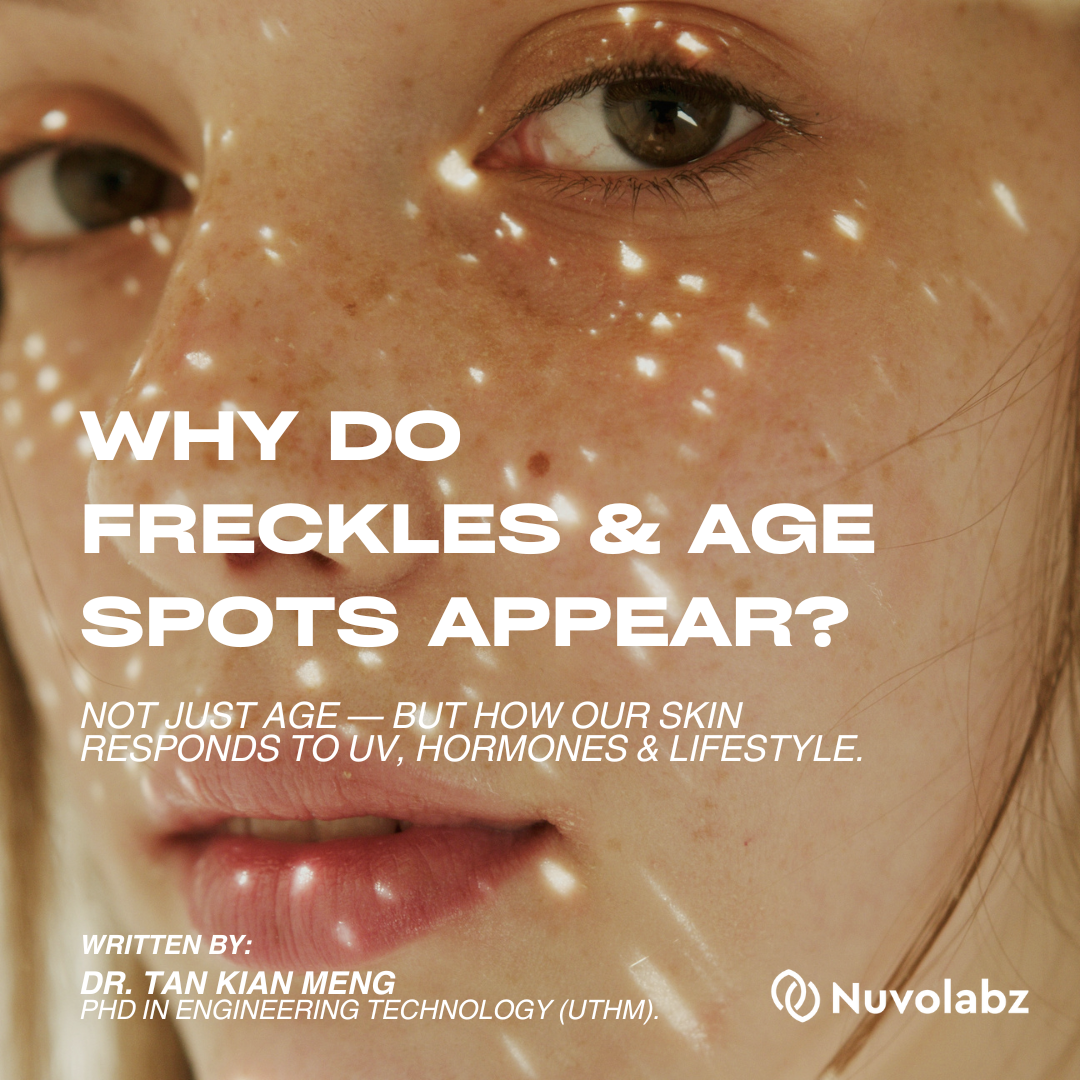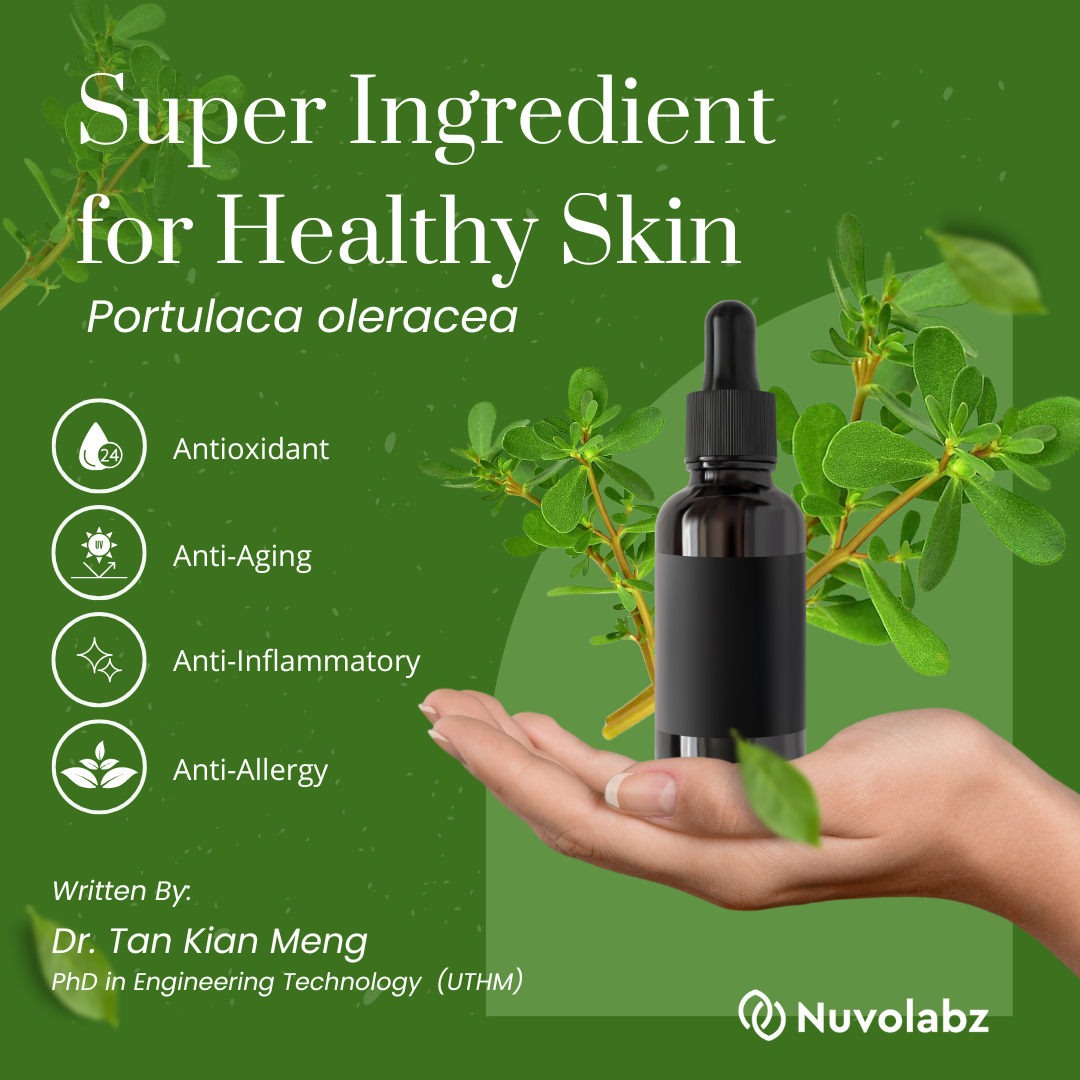Rising Consumer Concerns in Skincare
Today’s consumers are more conscious than ever about what goes into their skincare. Concerns about synthetic or artificial ingredients have fueled a strong demand for products that are safe, natural, and environmentally responsible. As a result, the natural cosmetics market has seen exponential growth.
Natural bioactive compounds—offering antioxidant, photoprotective, anti-ageing, and anti-inflammatory benefits—are now widely sought after in skincare, haircare, and even dental care formulations.
Why the Shift Toward Natural?
The move toward natural and “green” cosmetics is largely driven by consumer awareness of the drawbacks associated with synthetic products. Natural cosmetics are valued for being:
-
Free from harmful chemicals linked to adverse health effects
-
Safe and generally well-tolerated across all skin types
-
Rich in essential nutrients that support skin health
This shift presents enormous opportunities for brands and formulators who can meet the demand for safe, clean, and effective alternatives.
Challenges for Manufacturers
However, the transition to natural ingredients is not without obstacles. Synthetic compounds often offer better stability, consistency, and longer shelf life compared to natural counterparts. For formulators, the challenge lies in ensuring that natural ingredients deliver not only on efficacy but also on stability, scalability, and consumer expectations. At our R&D labs, we are addressing these issues by focusing on active constituents that balance both performance and consumer safety—pioneering what we call “Clean Beauty” solutions.

Spotlight on Raspberry Ketone (RK)
One promising natural compound is Raspberry Ketone (RK), scientifically known as 4-(p-hydroxyphenyl)-2-butanone.
Traditionally recognized as a GRAS (Generally Recognized as Safe) flavoring agent, raspberry ketone has also gained traction as a nutraceutical ingredient due to its anti-obesity, anti-inflammatory, and cardio/hepatoprotective properties. More recently, research has highlighted its potential cosmeceutical applications, particularly in hair growth, skin elasticity, and pigmentation control.

1. Hair Growth & Skin Elasticity
Raspberry ketone shares a structural similarity with capsaicin, enabling it to stimulate sensory neurons and enhance dermal IGF-I (Insulin-like Growth Factor-I) production. This process promotes both hair growth and skin elasticity.
-
A clinical study showed that topical application of 0.01% RK resulted in hair regrowth in 50% of alopecia patients after 5 months.
-
Within 2 weeks, participants also recorded noticeable improvements in cheek skin elasticity.
Such findings position RK as a valuable natural alternative for formulations targeting anti-hair loss treatments and anti-ageing solutions.

2. Skin Depigmentation and Whitening
Hyperpigmentation is one of the most common aesthetic concerns across global skincare markets. While melanin naturally serves as a protective pigment—shielding the skin from harmful ultraviolet (UV) radiation—excessive melanin production or uneven distribution often results in dark patches, age spots, and uneven skin tone. This has driven demand for depigmenting and skin-lightening agents that can provide safe, effective, and long-lasting results without adverse side effects.
The Biochemical Basis of Melanogenesis
Melanin synthesis, also known as melanogenesis, begins with the oxidation of L-tyrosine into L-DOPA (L-3,4-dihydroxyphenylalanine) and subsequently into dopaquinone. This pathway is primarily regulated by the enzyme tyrosinase, which catalyzes the rate-limiting steps in melanin production (Figure 3A).
Although melanin is essential for photoprotection, abnormal accumulation can cause conditions like melasma, post-inflammatory hyperpigmentation, and age-related pigmentation disorders. For this reason, tyrosinase inhibitors have become a central focus in the search for effective whitening and depigmenting cosmeceuticals.
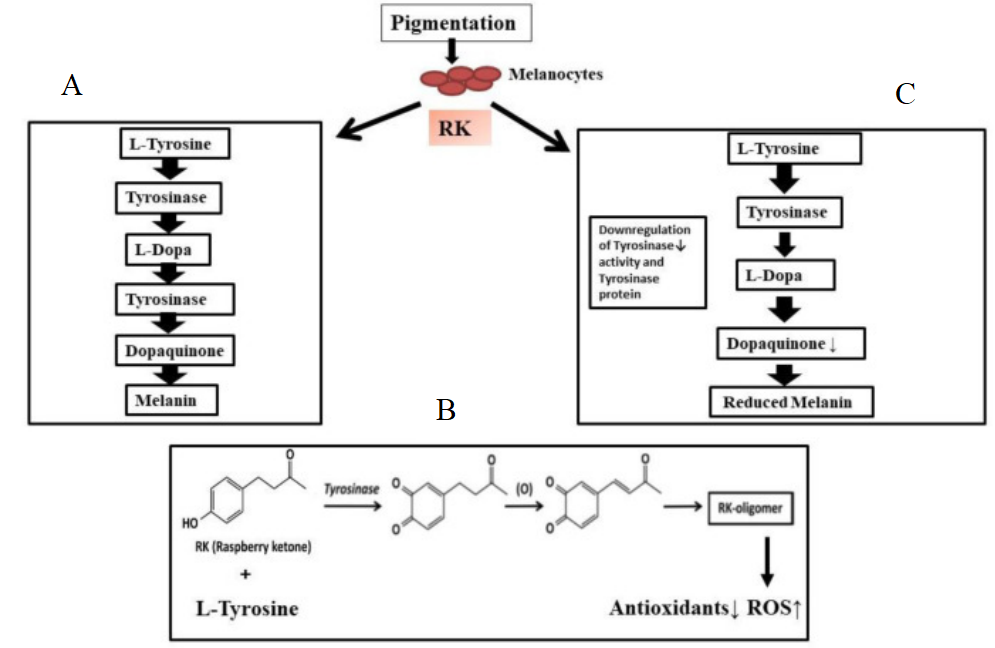
Figure 3:The schematic diagram showing the production of melanin from melanocytes and the effect RK on melanin synthesis resulting in depigmentation.
Raspberry Ketone as a Tyrosinase Inhibitor
Raspberry ketone (RK) is a natural antioxidant with strong anti-melanogenic potential, working through several pathways:
-
Tyrosinase inhibition: RK binds to L-tyrosine, forming an oligomer that reduces substrate availability and suppresses melanin synthesis.
-
ROS modulation: By elevating ROS, RK activates antioxidant defenses (SOD, CAT, GPx) that help regulate pigmentation.
-
Gene regulation: RK downregulates tyrosinase expression post-transcriptionally, lowering enzyme activity and protein levels.
Supporting Evidence
-
In vitro (B16 murine cells): RK suppressed IBMX-induced melanogenesis, performing comparably to arbutin and danazol.
-
In vivo (zebrafish, mice): RK reduced tyrosinase activity and melanin accumulation, confirming effects beyond cell culture.
-
Human study: Topical gels with 0.2%–2% RK produced visible whitening within one week, underscoring its cosmeceutical potential.

Figure 4: Effects of RK on melanogenesis, in mouse B16 Cells. The cells were cultivated for 1 d and then stimulated with 100 μM of IBMX for 2 d with various concentrations of RK. The melanin content of the cells was determined by Fontana-Masson staining.
Dual Benefits: Natural Preservation and Antioxidant Power
Beyond its functional skin and hair benefits, raspberry ketone also:
-
Acts as a natural antioxidant, protecting skin from oxidative stress and environmental damage
-
Provides mild antibacterial effects against strains such as Salmonella, E. coli, Pseudomonas aeruginosa, and Staphylococcus aureus
-
Offers a pleasant, naturally derived fragrance, enhancing sensory appeal in cosmetic products
These dual roles—as both an active cosmeceutical ingredient and a natural preservative—make RK highly attractive to formulators seeking multifunctional, clean-label solutions.
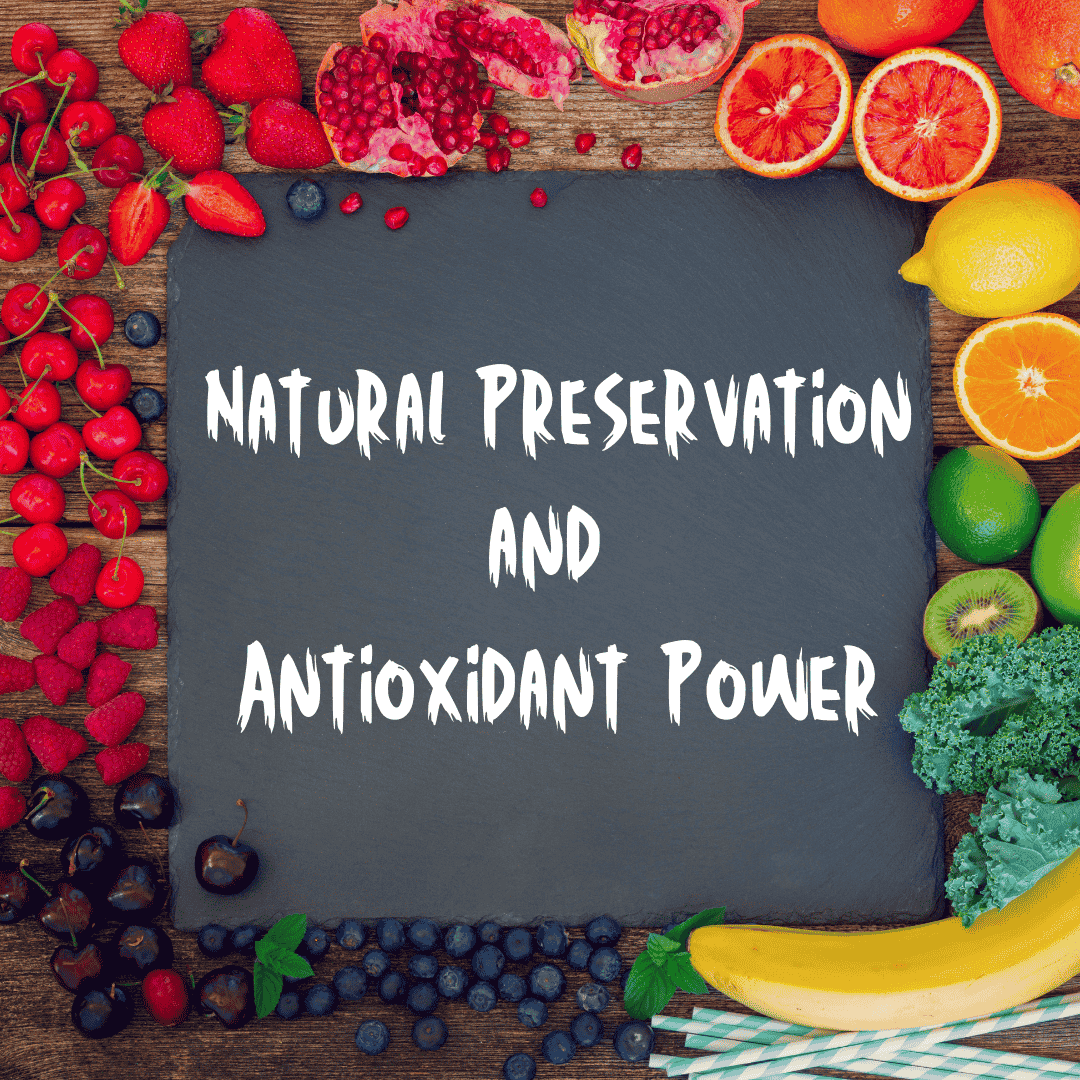
The demand for natural skincare ingredients is not a passing trend—it is shaping the future of the cosmetics industry. Raspberry ketone exemplifies the potential of plant-derived compounds that meet consumer expectations for safety, efficacy, and sustainability.
For B2B stakeholders—manufacturers, formulators, and brand owners—RK represents a scientifically backed, multifunctional ingredient that can add both performance and marketing value to next-generation cosmeceutical products.

